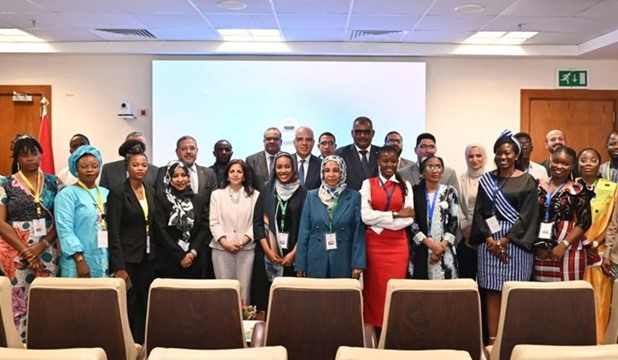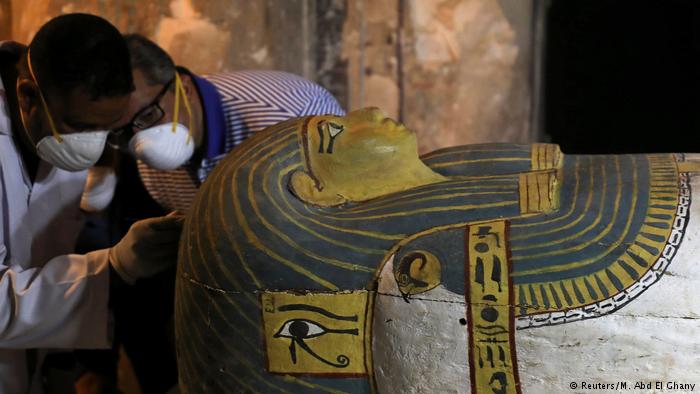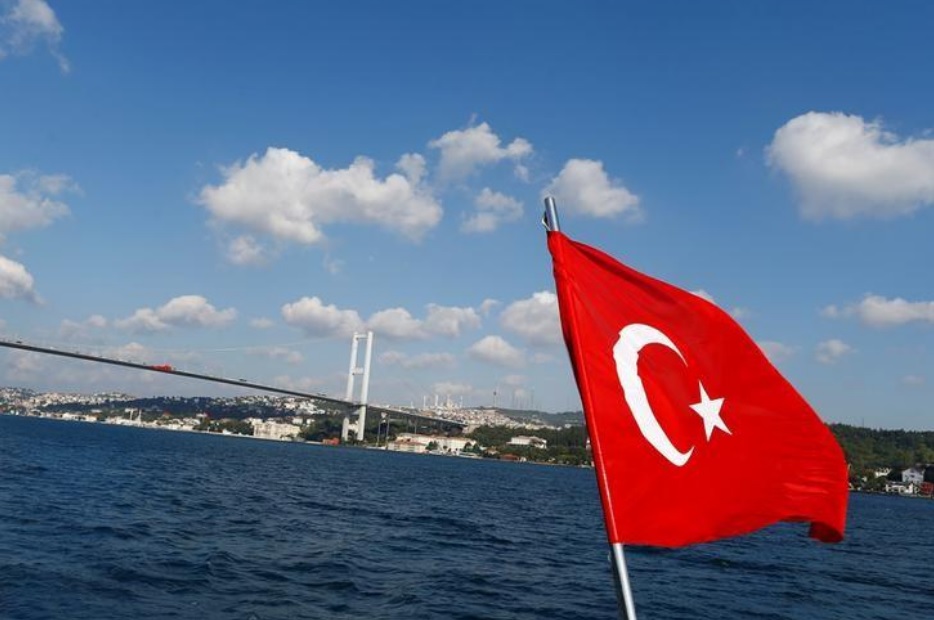
Minister of Water Resources and Irrigation, Hani Sewilam, affirmed Egypt’s support for African countries by implementing numerous projects in areas related to rainwater, waterway clearing, drilling solar-powered groundwater wells, constructing underground tanks, river docks, and forecasting centers.
The minister’s remarks came during the closing ceremony of the fifth regional training course on “design, calibration, operation, and maintenance of hydraulic structures,” which was held at the Hydraulics Research Institute’s regional training center from Aug. 3 to Sept. 4. The event was attended by the Minister of Water Resources and his Sudanese counterpart, Ismat Qureshi Abdallah.
The training course also included 23 trainees from Egypt, Sudan, Cameroon, Zambia, Tanzania, Burkina Faso, Guinea Conakry, Madagascar, Mozambique, Liberia, Rwanda, and Somalia. These trainees received scholarships funded by the Ministry of Water Resources and Irrigation as well as the Egyptian Initiative for Development in the Nile Basin countries at the Ministry of Foreign Affairs.
Sewilam congratulated the trainees on completing the program, which aims to improve the technical skills of researchers and experts from African countries and to exchange experiences and ideas among trainees from different nations.
He expressed his hope that they would return to their countries with new expertise gained during the program, which would contribute to improving how African countries manage their water resources.
The Minister highlighted Egypt’s distinguished expertise in water management, which it is eager to share with its sisterly African countries through training courses held at the African Center for Water and Climate Adaptation (PACWA).
During a speech on their behalf, one of the trainees expressed gratitude to the Ministry of Water Resources and Irrigation and the National Water Research Center for their hospitality and organization. They emphasized the program’s importance in supporting water management in African countries and the benefits trainees gained from field visits to Egyptian irrigation projects.




